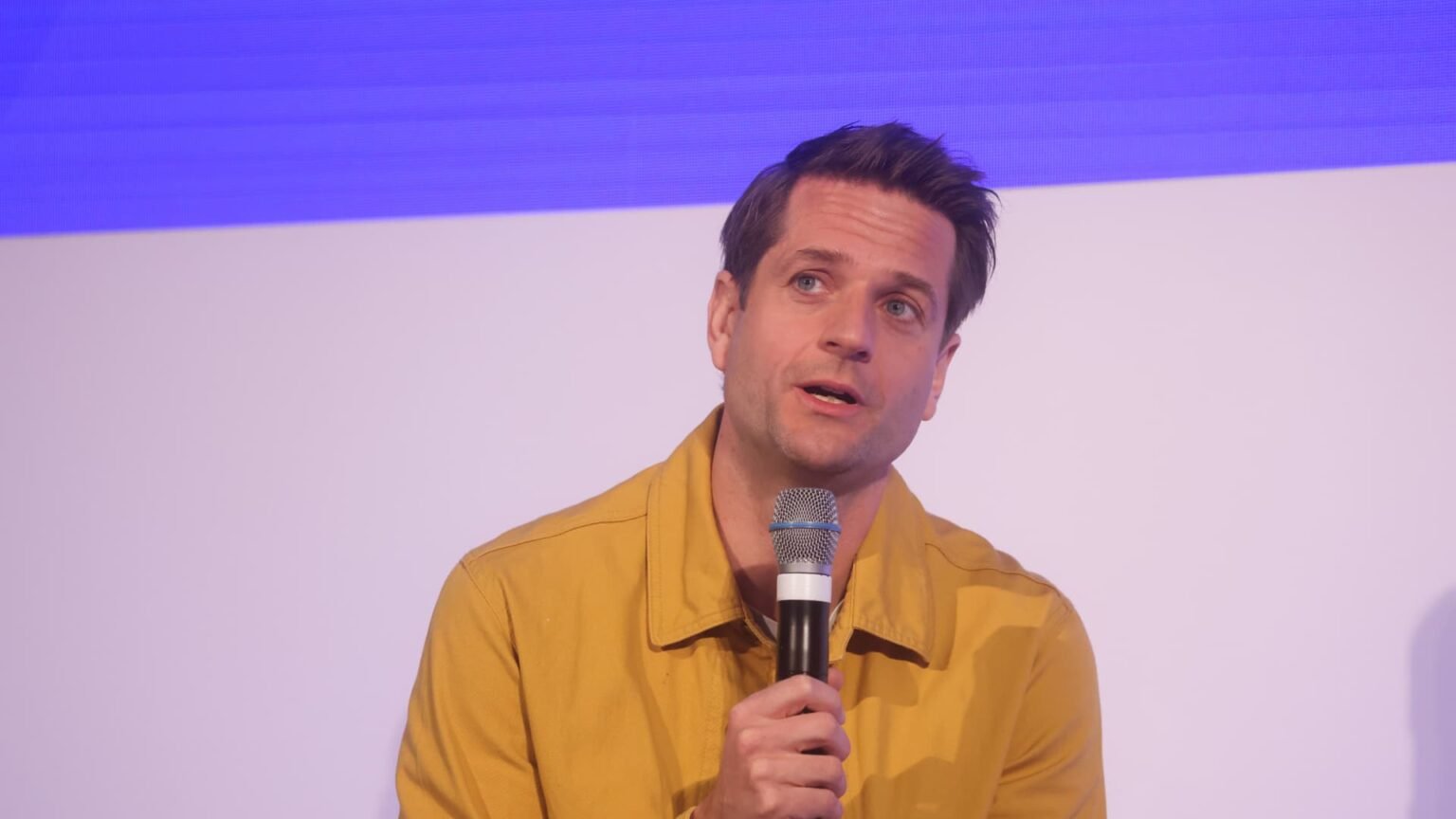Klarna CEO Sebastian Siemiatkowski expressed concerns about a brain drain in the European technology talent pool, citing unfavorable rules in Europe on employee stock options as a risk factor for the company’s upcoming IPO. Compared to its publicly-listed peers, Klarna offers only a fifth of its equity as a share of its revenue, making it less attractive for top talent. Siemiatkowski highlighted hurdles in Europe that prevent companies from offering more favorable stock option plans, such as high social security payments that erode the value of shares granted to employees.
Siemiatkowski emphasized the lack of predictability in employee stock option plans in the UK and Sweden, where high social security payments are deducted from stock rewards without a concrete cap in place. This unpredictability makes it difficult for companies to plan expenses effectively, especially when stock prices fluctuate. Despite these challenges, Siemiatkowski has signaled Klarna’s intent to go public, with a potential listing in 2024 or 2025, making it one of the first major fintech companies to debut on the stock exchange in recent years.
A study by Index Ventures revealed that European startup employees typically own around 10% of the companies they work for, compared to 20% in the US. Both the UK and Sweden were found to have challenges in administering stock option plans, impacting factors such as scope and strike price. Siemiatkowski acknowledged the risk of Klarna employees potentially leaving for American tech firms, especially as the company expands in the US market and gains more visibility. He noted a sentiment in Europe that limits compensation for talented individuals, particularly in the financial services industry.
Siemiatkowski expressed concerns about the mobility of the most talented individuals in today’s workforce, noting that it is easier for employees to work remotely from regions outside their company’s physical office space. This trend, combined with the competitiveness of American tech firms in offering attractive compensation packages and visa support, poses a challenge for European companies like Klarna. As Klarna prepares for its IPO and aims to retain top talent, addressing issues related to employee stock options and compensation will be crucial in navigating the risks of a talent brain drain.
Despite the challenges in Europe’s regulatory environment for employee stock options, Siemiatkowski remains focused on Klarna’s growth and expansion plans. The company’s aggressive strategy in the US market and potential IPO in the coming years reflect its commitment to staying competitive in the fintech industry. As Klarna continues to innovate and differentiate itself from competitors, addressing the issue of talent retention and compensation will be key to sustaining its growth trajectory and solidifying its position as a leading player in the payments landscape.

